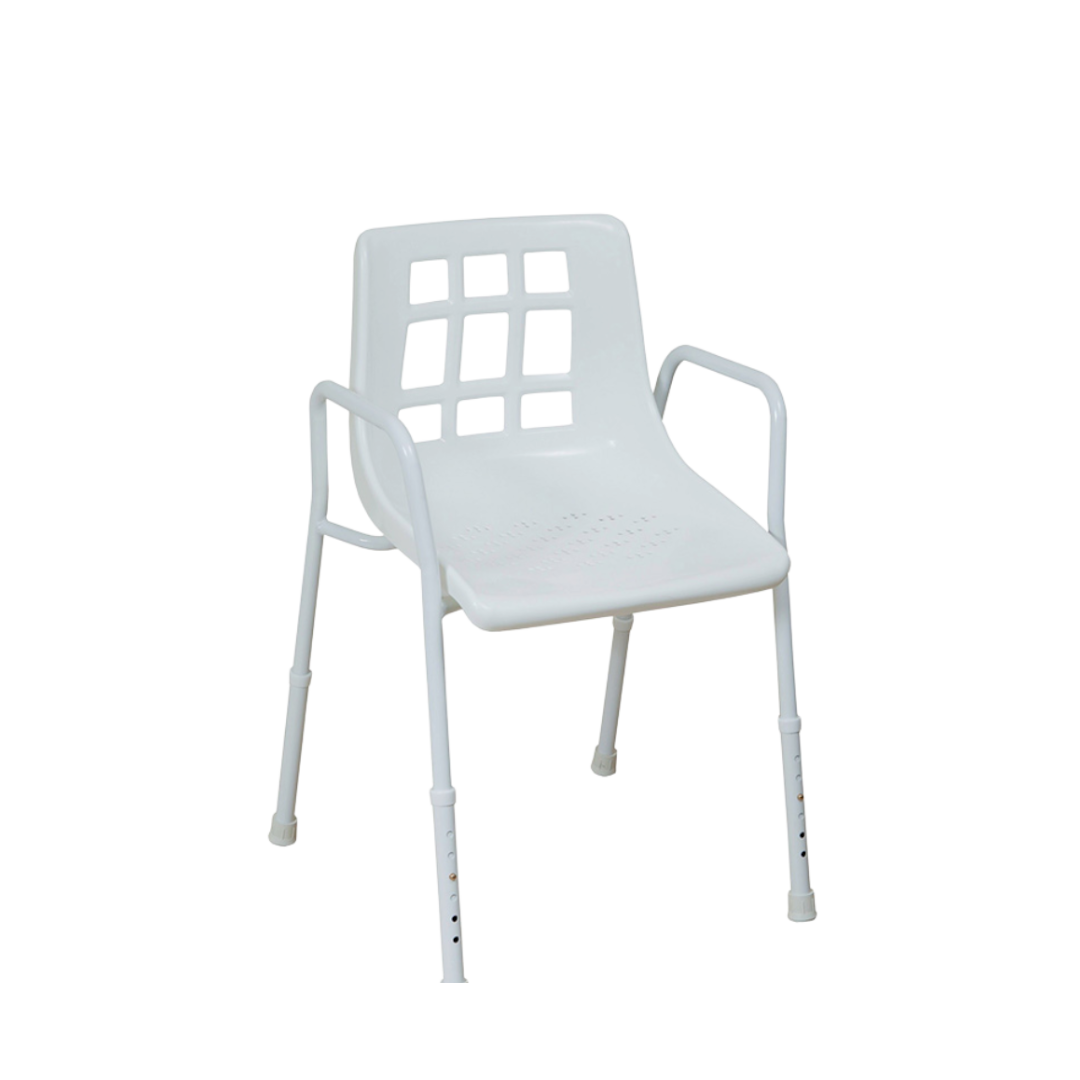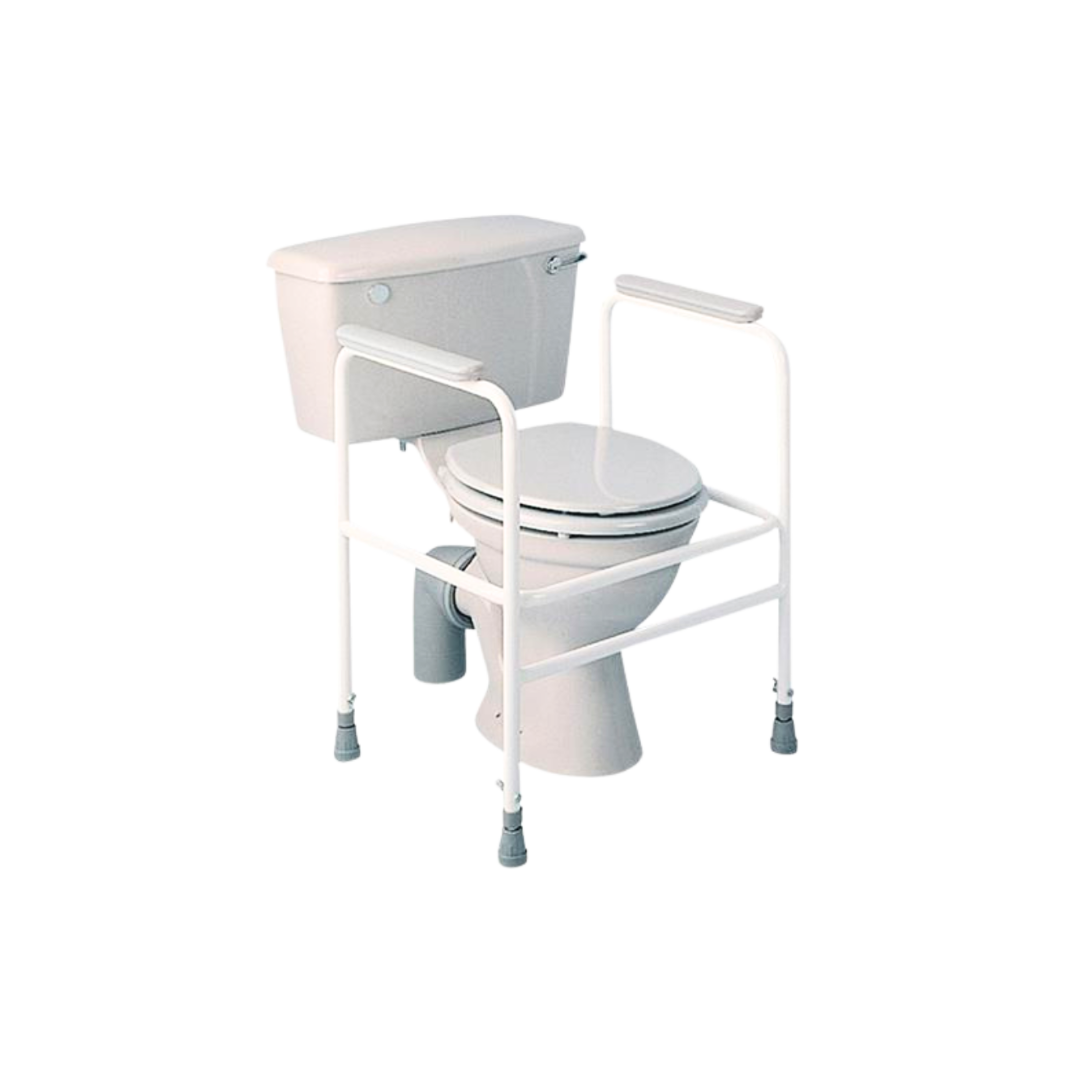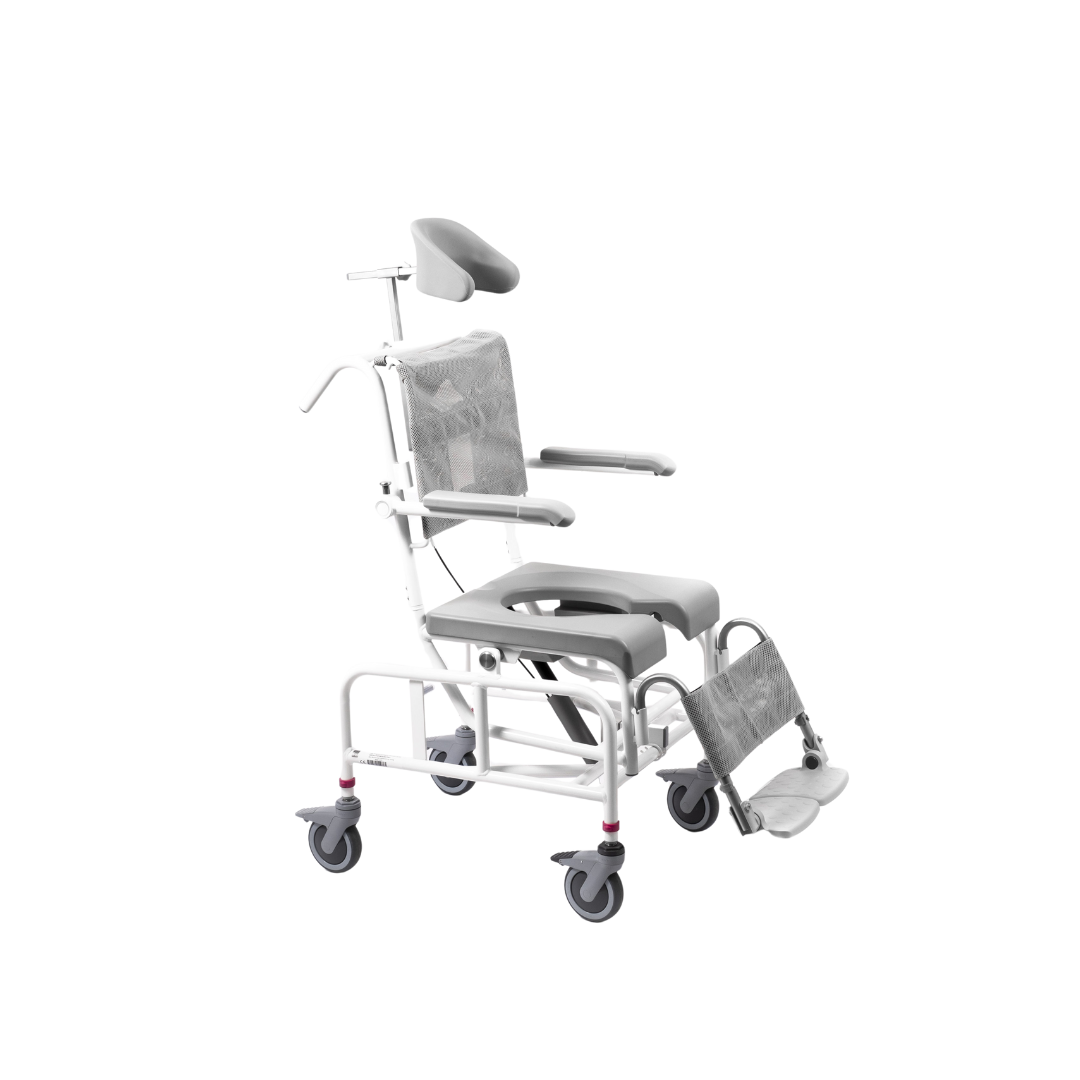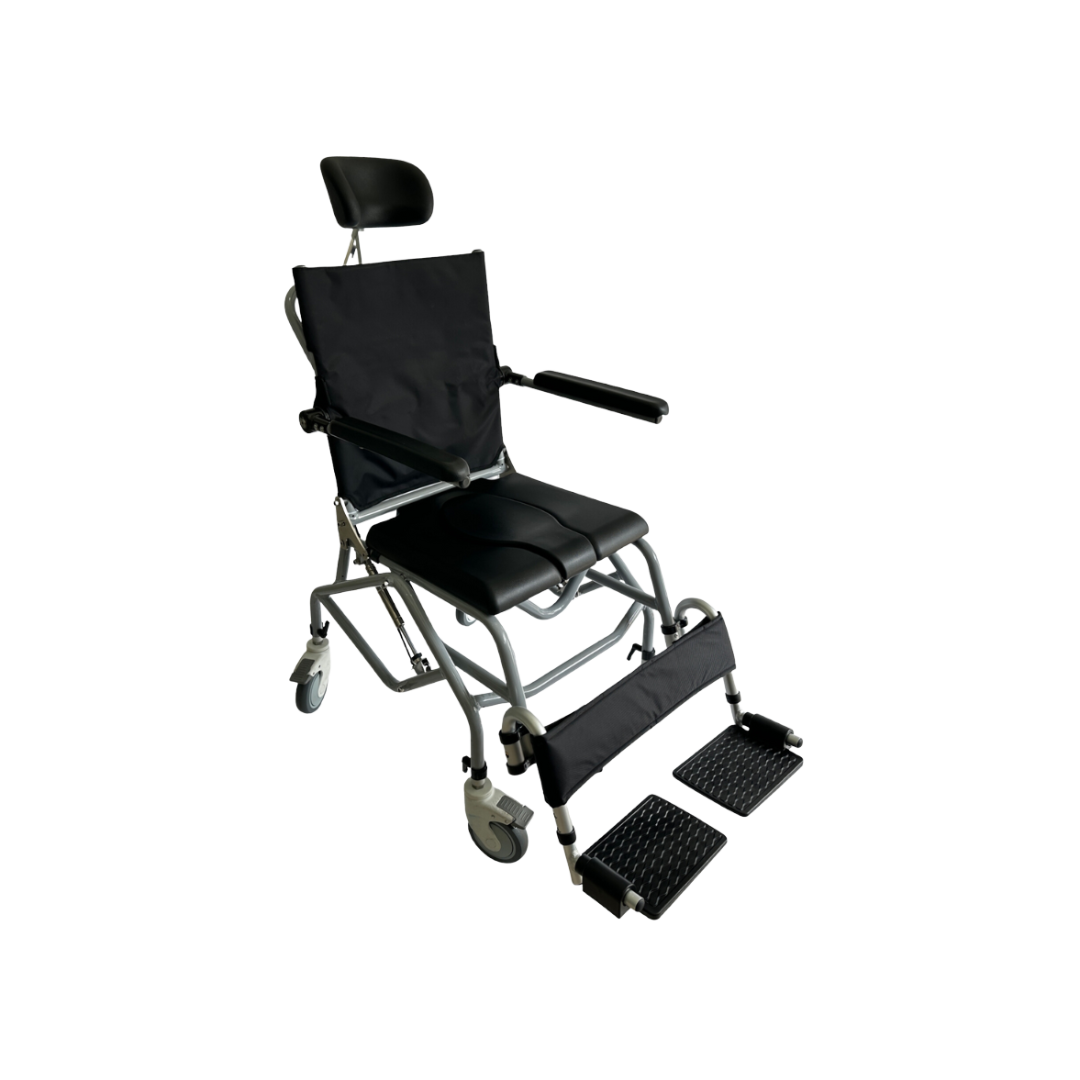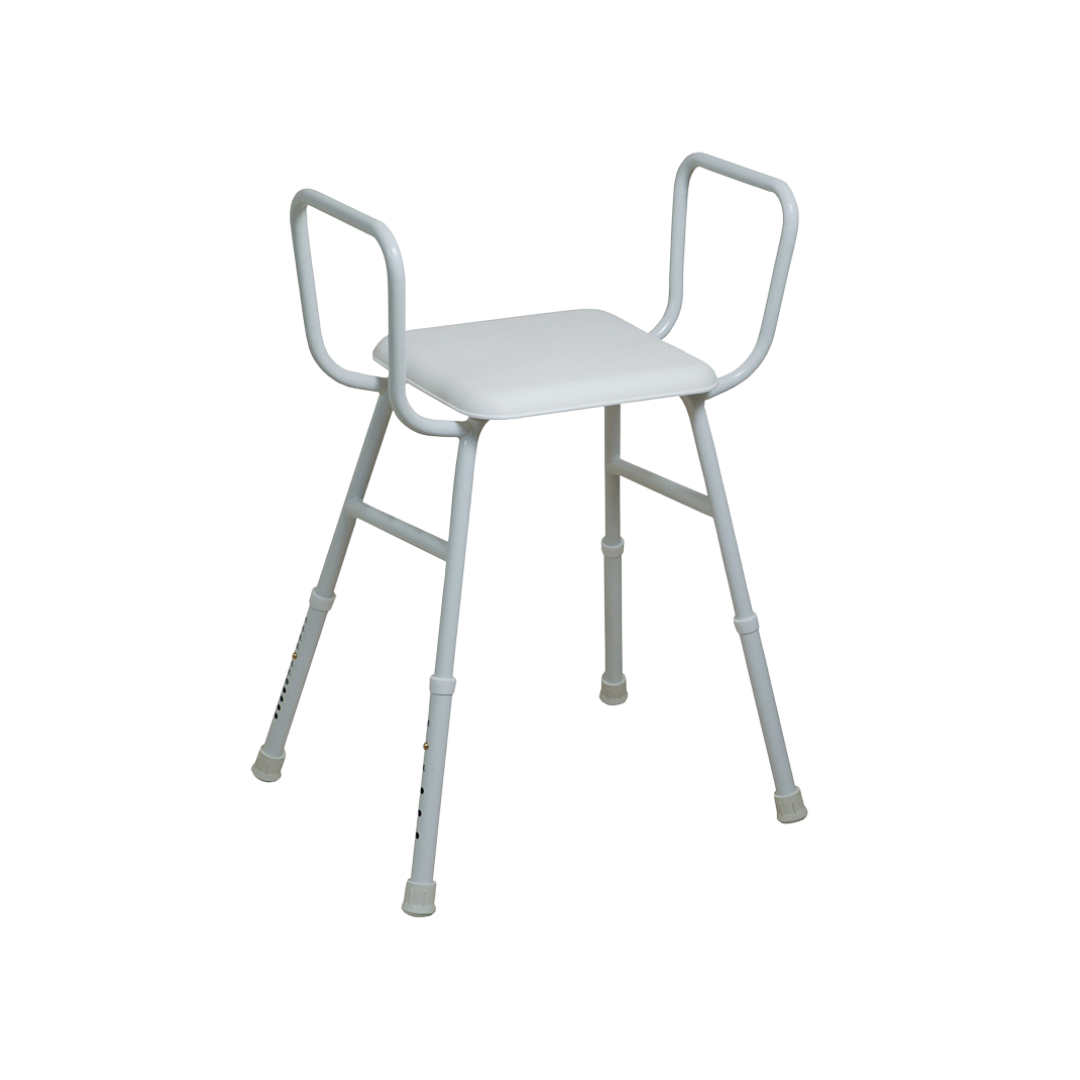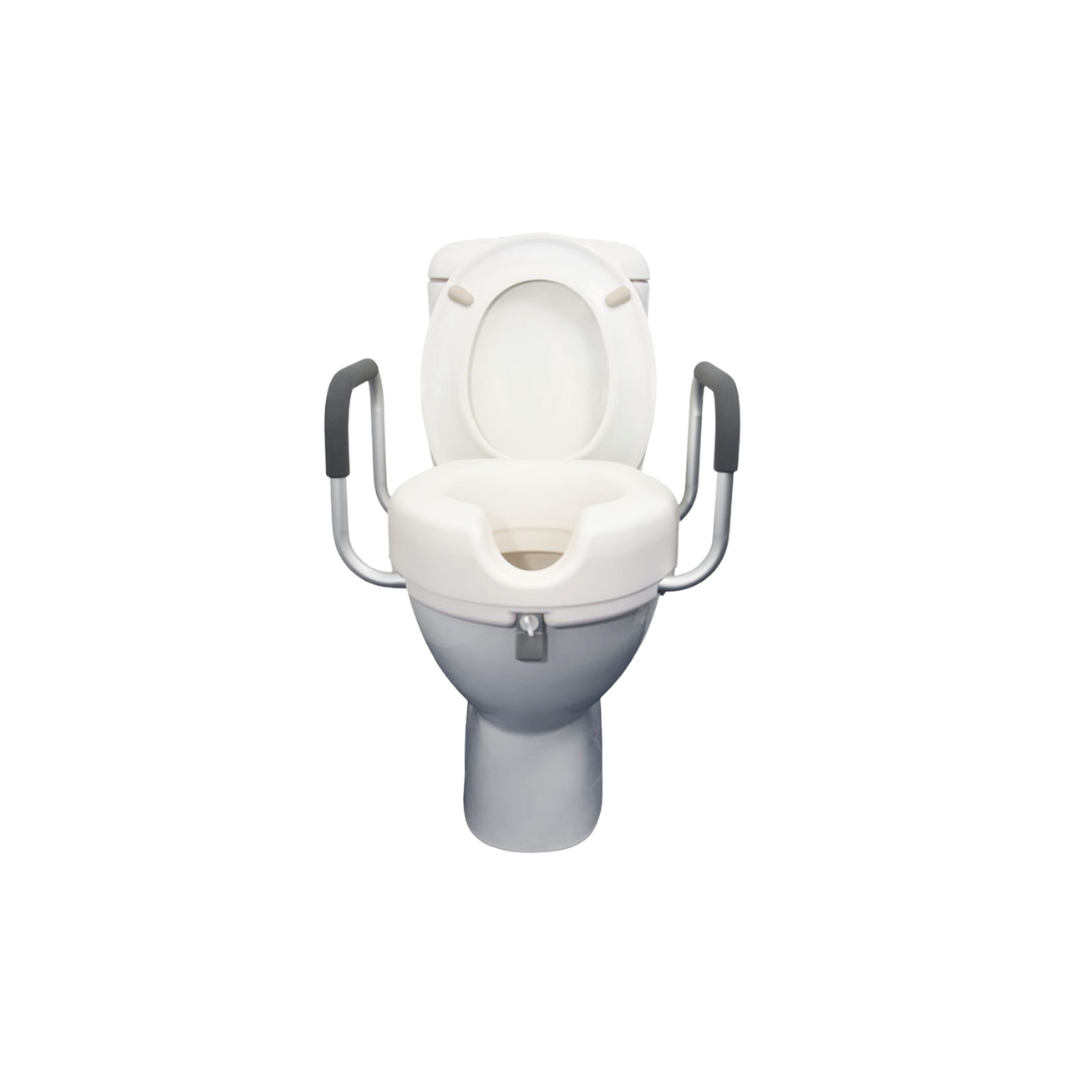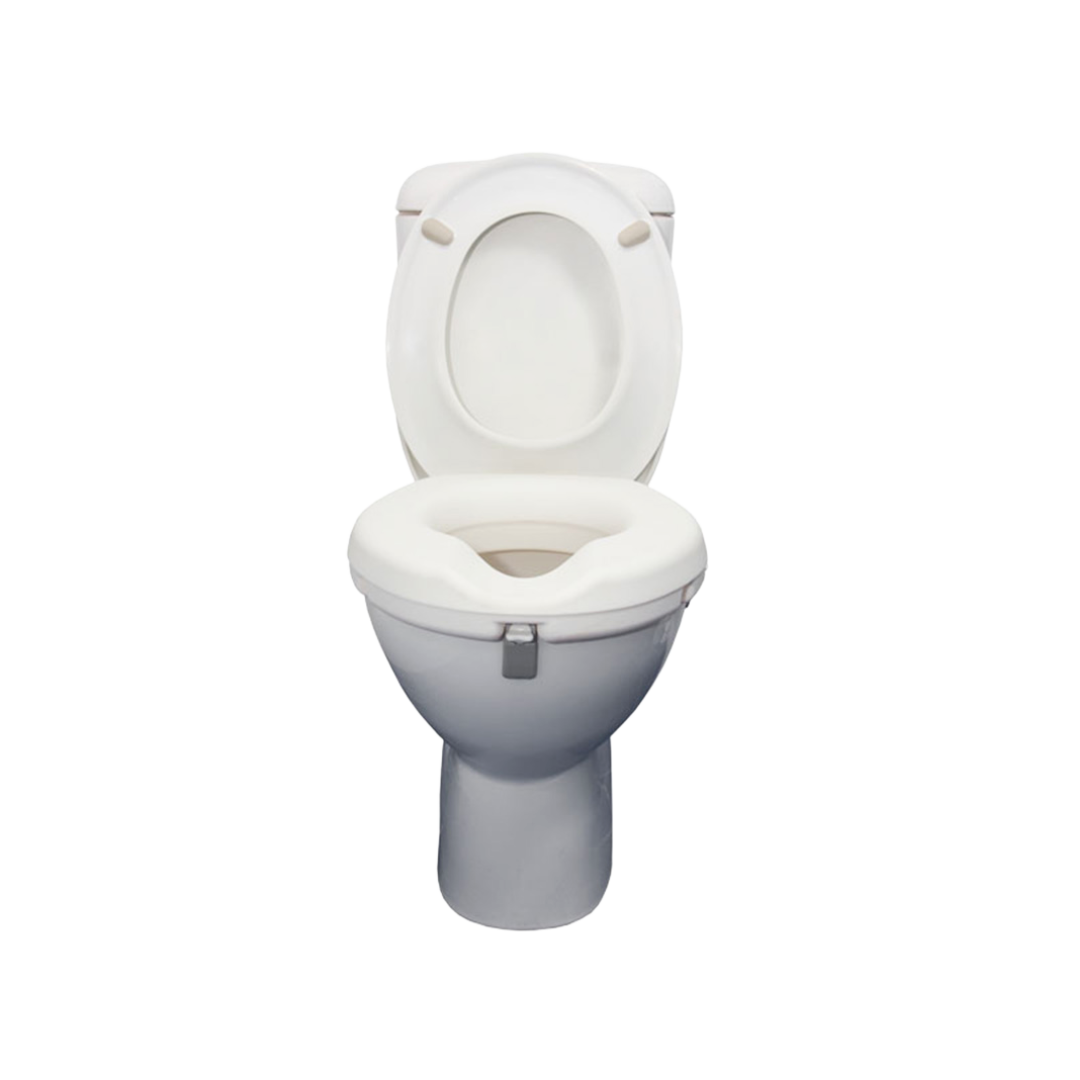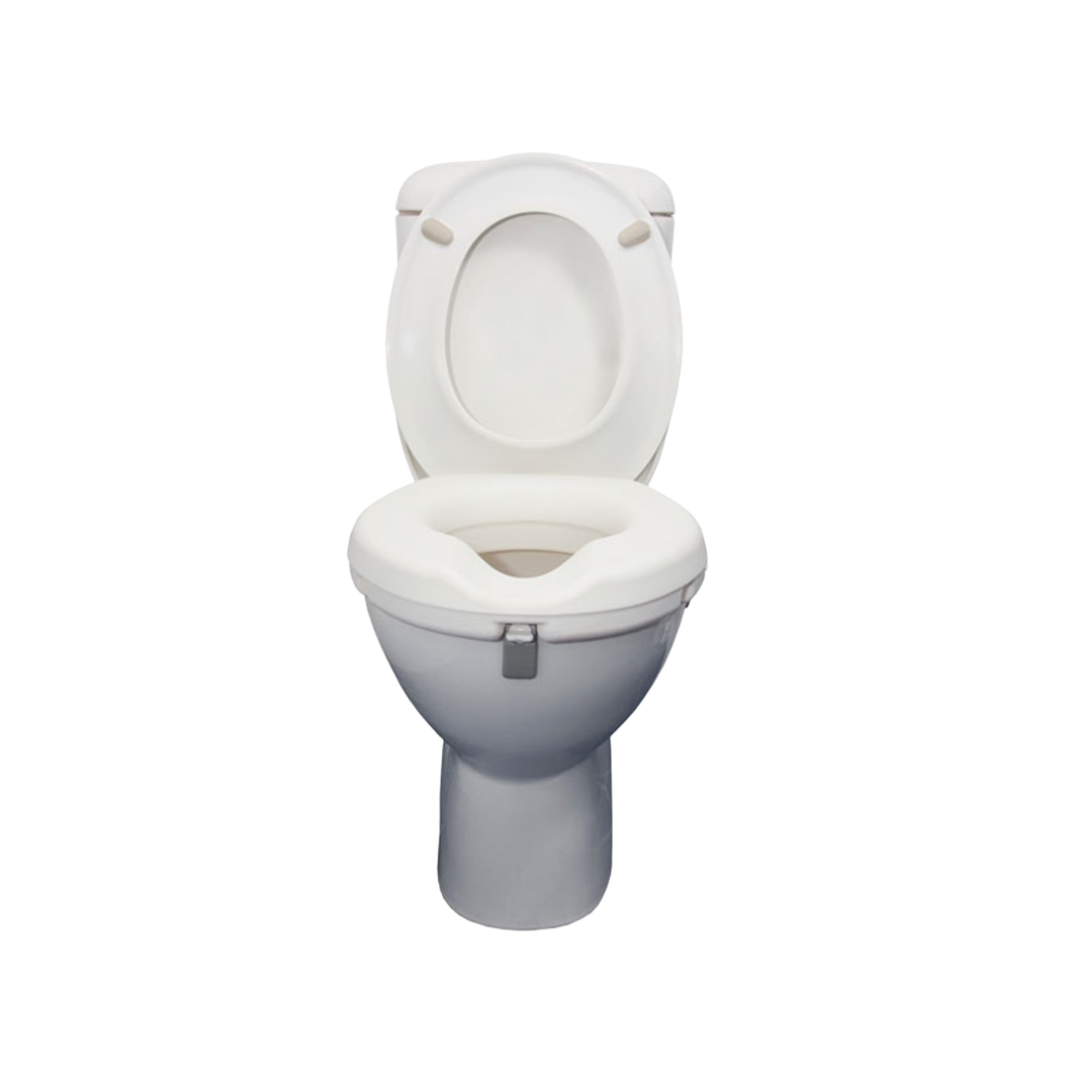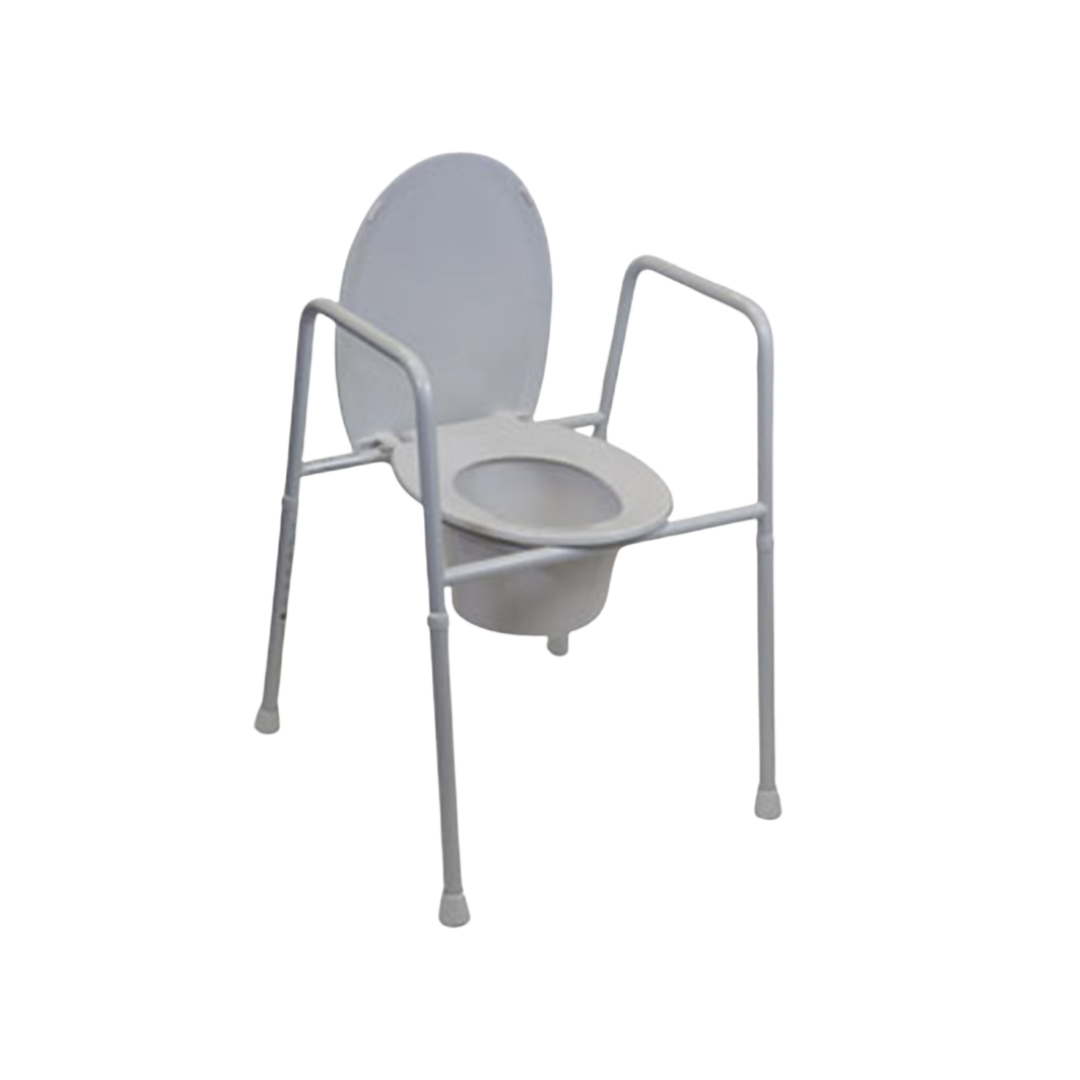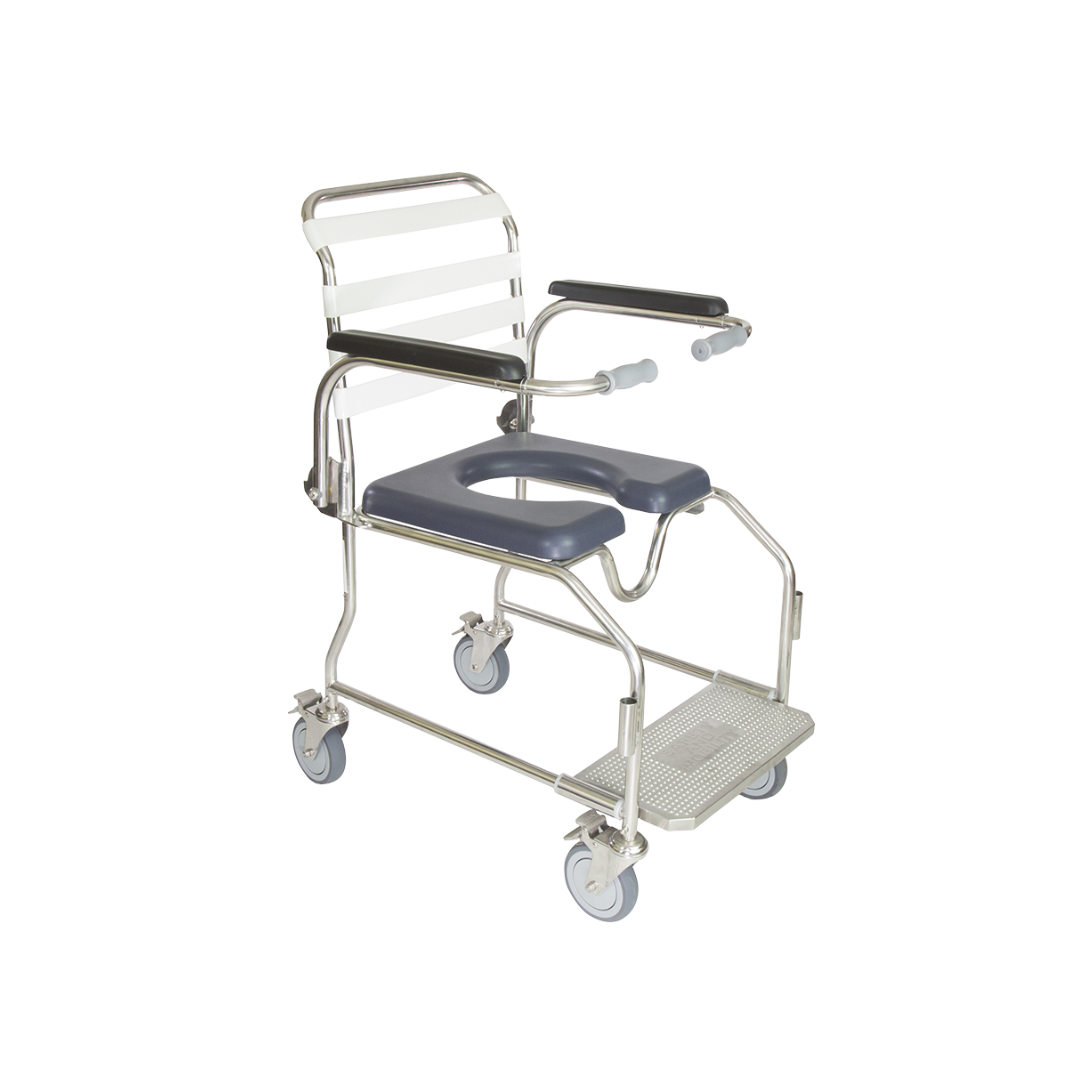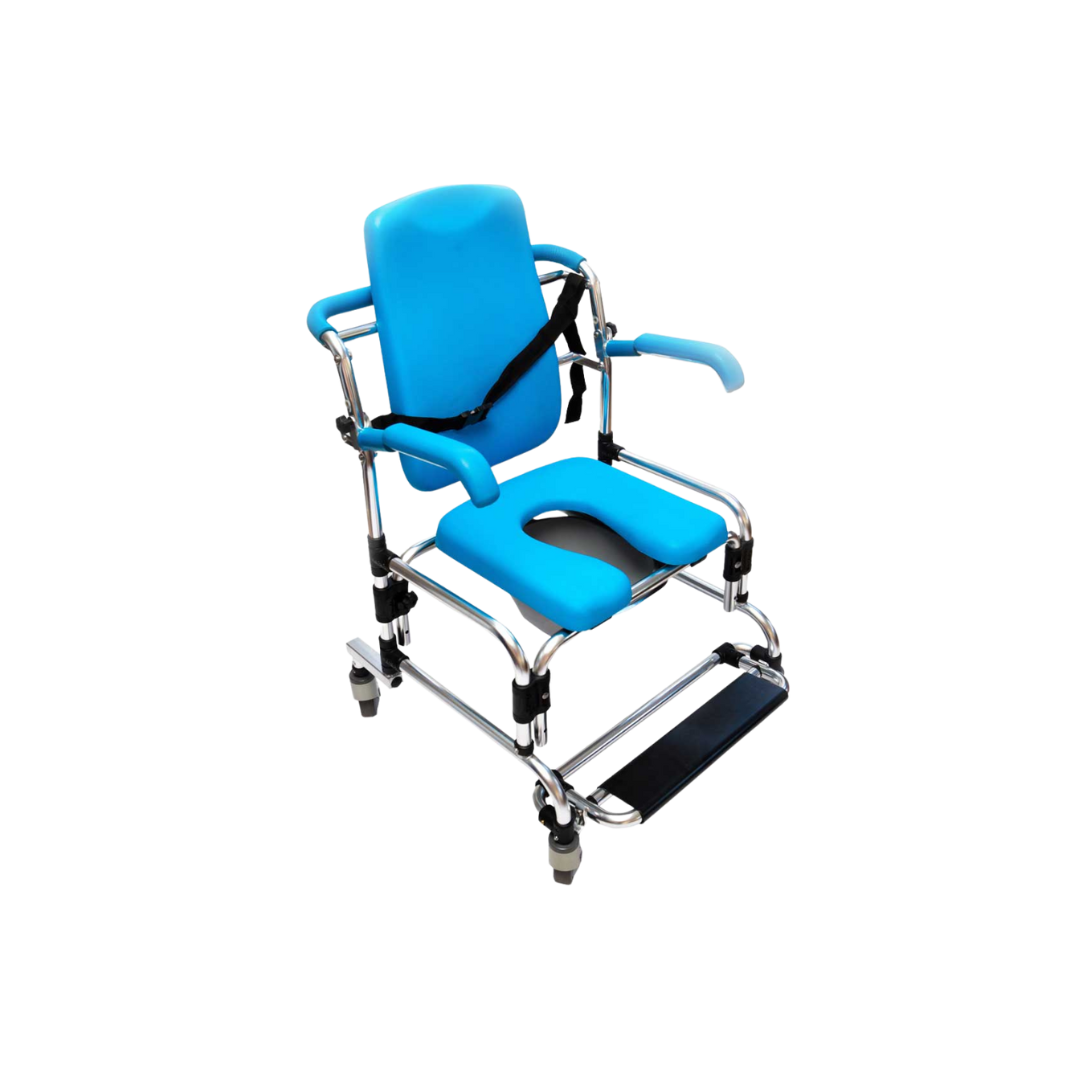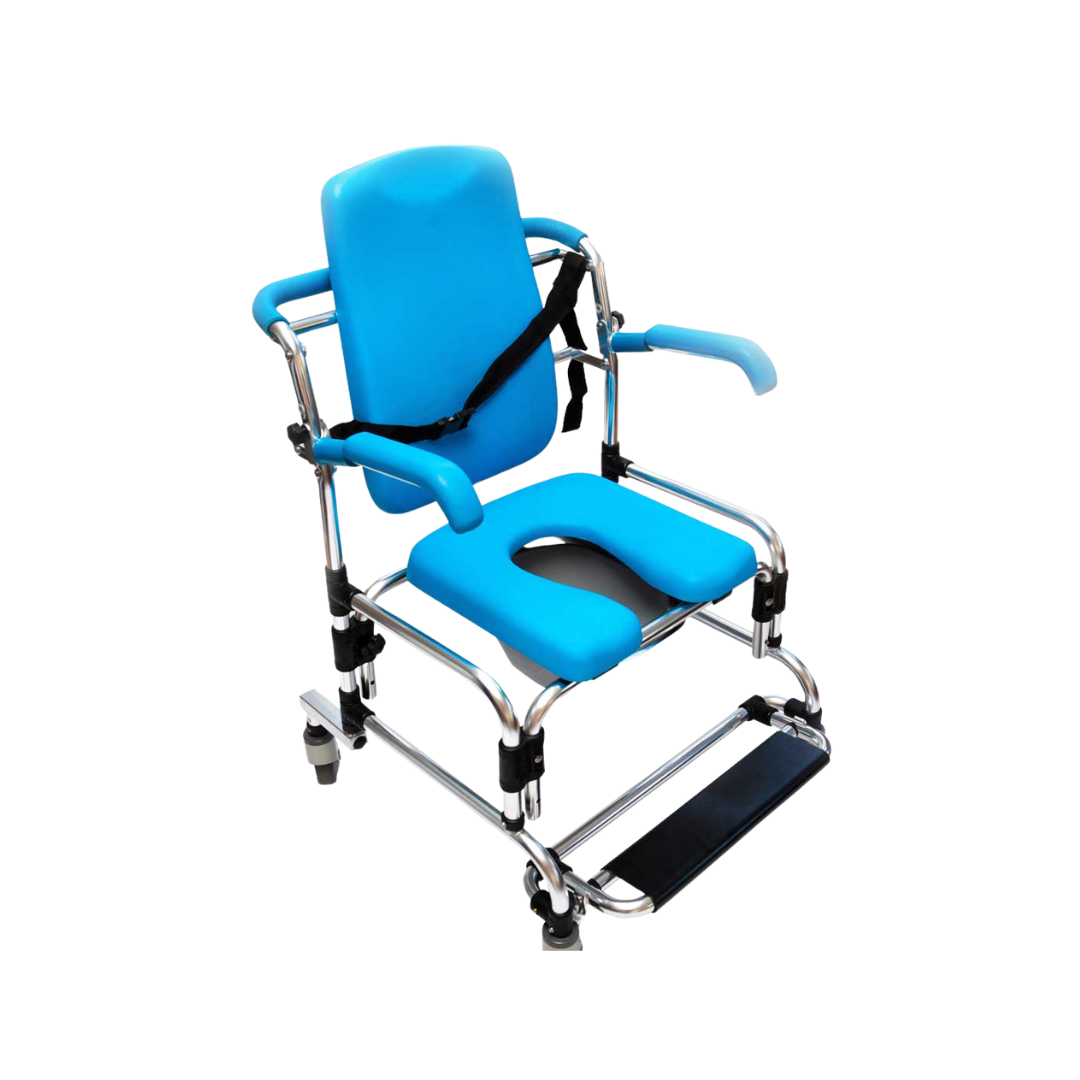Bathroom and Toilet Aids: Enhancing Safety, Independence, and Dignity
Explore bathroom and toilet aids designed to enhance safety, comfort, and independence for elderly and disabled individuals.
Summary
Bathrooms are essential to daily life, yet they can be one of the most hazardous spaces in the home, especially for individuals with mobility challenges, disabilities, or age-related conditions. Wet surfaces, hard floors, and the need for precise movements make bathrooms a common site for slips, falls, and accidents. In Australia, bathroom-related falls are a leading cause of injury, particularly among older adults and people with disabilities. According to the Australian Institute of Health and Welfare, falls are the primary cause of injury-related hospitalisations for Australians over 65, with bathrooms being a high-risk area. For NDIS participants and those in aged care, these risks are even greater due to physical limitations, making bathroom safety a critical concern.
At Affective Health, we understand these challenges and are dedicated to providing high-quality bathroom aids that enhance safety, promote independence, and improve the overall bathroom experience. Our range of products is specifically designed to meet the needs of NDIS participants, aged care individuals, and those recommended by allied health professionals, particularly occupational therapists. By offering equipment that is both functional and dignified, we empower users to maintain their independence while ensuring their safety.
Why Bathroom Aids Are Crucial for Safety and Independence
Bathrooms present a unique set of risks for individuals with reduced mobility or disability. A slippery floor, awkward toilet heights, or lack of support can turn everyday routines into dangerous tasks. That’s where the right toilet aids and bathroom aids play a vital role.
Key Benefits:
- Reduce falls and injuries with stable, well-designed supports
- Increase confidence by enabling users to toilet and wash safely
- Relieve carer strain by simplifying transfers and movements
- Preserve dignity and privacy with the right level of support
Whether for an elderly individual recovering from surgery, a person living with disability, or an NDIS participant requiring functional home modifications, toilet aids for elderly and disabled people are essential to everyday wellbeing.
Types of Bathroom and Toilet Aids
Choosing the appropriate aid depends on mobility level, bathroom layout, and whether a user lives independently or requires care support. Below are some of the most effective solutions:
-
1. Over Toilet Chairs
Also called toilet chairs for the elderly, these are placed over existing toilets to provide:
- Raised seating height to reduce joint strain
- Armrests for added stability during transfers
- Rubber-tipped legs for secure placement
Popular with both NDIS participants and aged care providers, over toilet aids are adjustable and easy to clean—making them a versatile choice for home or facility use.
-
2. Toilet Seat Raisers
If space is limited, seat raisers are an ideal alternative:
- Fit securely on top of standard toilet bowls
- Elevate the seat by several centimetres
- Optional handles offer extra support
These are excellent toilet aids for seniors who can still manage independently but benefit from reduced bending and safer standing.
-
3. Bedside and Portable Commodes
For users with significant mobility issues or those recovering from surgery:
- Provide toileting access without needing to walk
- Easy to clean and reposition
- Some models can be used as over toilet chairs
These are especially helpful in the evening or during rehabilitation when accessing the bathroom may be difficult or risky.
-
4. Toilet Aids for Disabled Users
People with long-term disabilities may require more specialised equipment, such as:
- Heavy-duty toilet chairs for disabled users with wider frames
- Models compatible with hoists or transfer boards
- Tilt-in-space commodes for complex care needs
These products meet the functional goals outlined by occupational therapists and are often prescribed through NDIS funding.
Featured Products
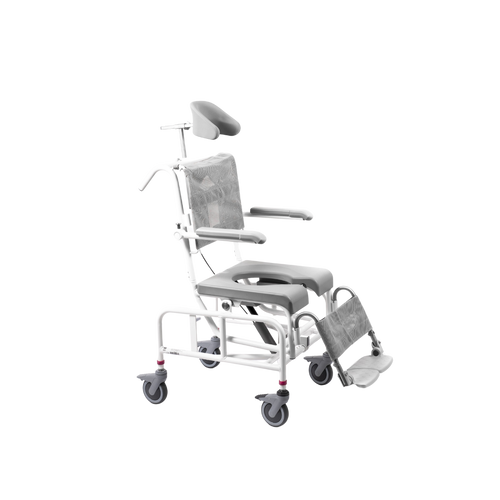
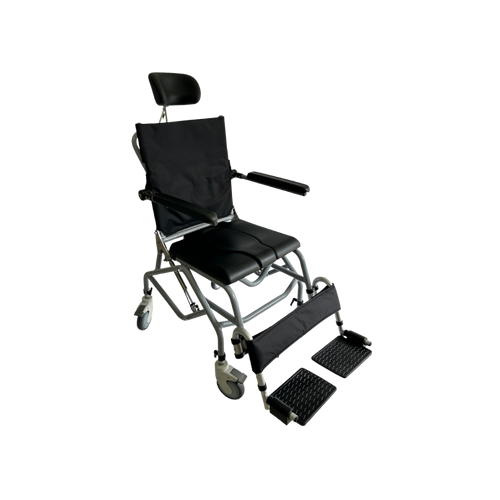
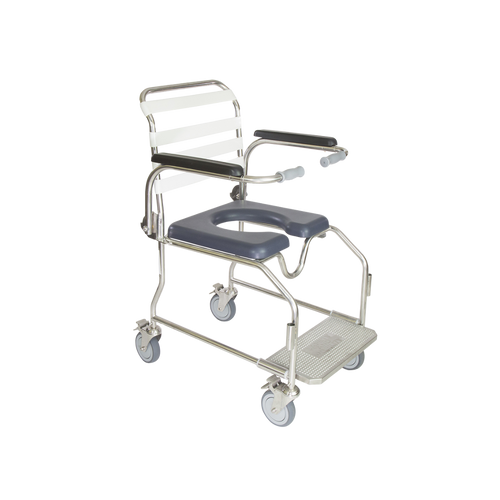
How to Choose the Right Bathroom Aid
Selecting the right toilet aids involves more than just comfort. It’s about ensuring functionality, safety, and compatibility with the user’s environment. Here's what to consider:
Key Factors:
- Mobility level: Can the user transfer independently or with assistance?
- Toilet height: Does the user need a raised seat or full chair frame?
- Weight capacity: Especially important for bariatric users
- Cleaning and maintenance: Detachable parts or antimicrobial surfaces are ideal
- Bathroom size and layout: Ensure sufficient space for the aid to fit securely
Where possible, work with a qualified occupational therapist who can recommend aids that suit the user’s needs and help apply for funding under programs like the NDIS or My Aged Care.
Enhancing Dignity Through Better Design
Dignity and independence go hand-in-hand. At Affective Health, we believe bathroom aids should not only be functional but should also reflect comfort and quality of life.By providing discreet, easy-to-use tools like:
- Toilet aids for handicapped individuals
- Toilet chair for the elderly
- Toilet aids for disabled users
We help reduce the embarrassment and frustration that can come with daily bathroom use—especially when multiple carers or support workers are involved. The result? A greater sense of self-worth and autonomy.
Conclusion
Deliver safer, more dignified care with reliable bathroom and toilet aids designed for comfort, safety, and independence. Whether for home use, aged care, or NDIS participants, Affective Health provides the right solutions to support your needs—professionally and compassionately.
Looking to improve bathroom safety and independence for yourself or someone you care for?
Browse our expert range of toilet aids and mobility equipment, designed specifically for elderly and disabled individuals.
📞 Call 1300 615 193 or order online at our website to get started today.
